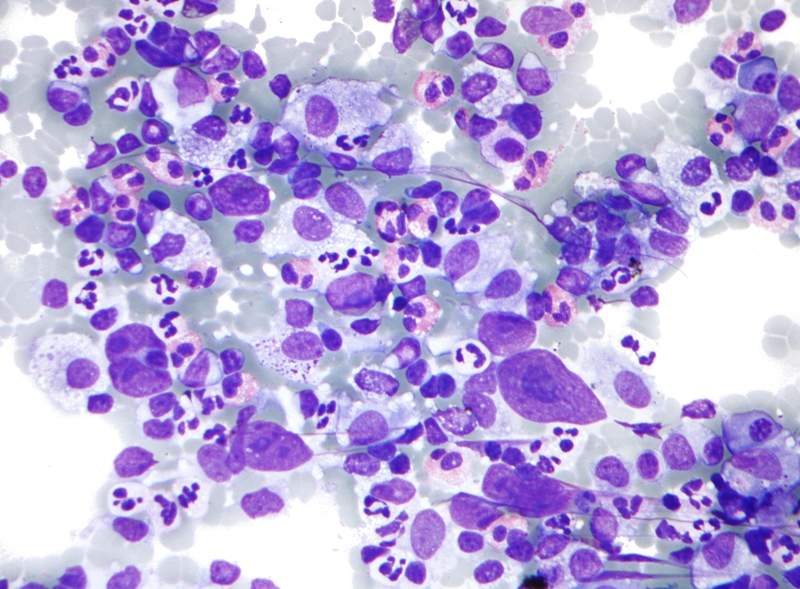
Takeda Pharmaceutical Company and Seattle Genetics have reported positive results in a Phase lll clinical trial assessing adcetris (brentuximabvedotin) under a frontline combination chemotherapy regimen for untreated advanced classical Hodgkin’s lymphoma.
The study is a part of the randomised, open-label, two-arm, multi-centre Phase lll ECHELON-1 trial.

Discover B2B Marketing That Performs
Combine business intelligence and editorial excellence to reach engaged professionals across 36 leading media platforms.
ECHELON-1 study met its primary endpoint with the combination of ADCETRIS+AVD, resulting in a statistically significant improvement in modified progression-free survival (PFS) versus the control arm of Adriamycin, bleomycin, vinblastine, and dacarbazine (ABVD) as evaluated by an independent review facility (IRF).
The achievement represents a 23% reduction in the risk of progression, death or need for additional anticancer therapy.
Each IRF assessment showed that the two-year modified PFS rate for patients in the ADCETRIS+AVD arm stood at 82.1% compared with 77.2% in the control arm.
In every investigator assessment, the two-year modified PFS rate for patients in the ADCETRIS+AVD arm was 81% compared with 74.4% in the control arm, marking a 27% reduction in the risk of progression, death or need for additional anticancer therapy.

US Tariffs are shifting - will you react or anticipate?
Don’t let policy changes catch you off guard. Stay proactive with real-time data and expert analysis.
By GlobalDataAll the secondary endpoints of the Phase lll ECHELON-1 trial also favoured the ADCETRIS+AVD arm, including an interim analysis of overall survival and others.
Takeda vice-president and Oncology Clinical Research and Development head Jesús Gomez Navarro said: “For patients with advanced-stage Hodgkin’s lymphoma, approximately one in three do not achieve long-term remission after standard frontline therapy, which is why the results of ECHELON-1 could be important to this group of patients.”
Takeda and Seattle Genetics aim to provide the adcetris-containing regimen to patients with advanced Hodgkin’s lymphoma in the US by the first half of next year.
Adcetris is an antibody-drug conjugate (ADC) directed to CD30, a defining marker of classical Hodgkin’s lymphoma and is currently not approved as a frontline therapy for the disease.





